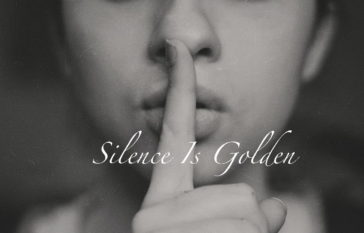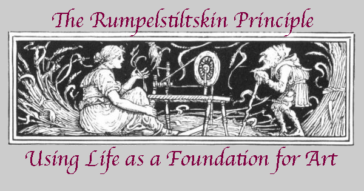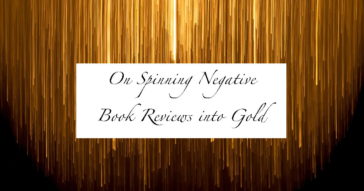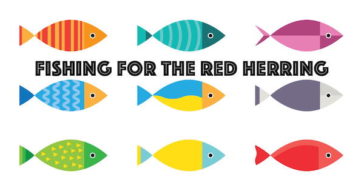Silence Is Golden
Much can be said in praise of silence (is that a contradiction in terms?). There are at least two kinds of golden silence that can add to the power of our writing, just as the “space between the notes” is the silent power of music. You can probably think of more, but here are a few of my reflections. Silence of the characters We all work hard to make dialogue lifelike and pithy. Sometimes the trailing thoughts of real-life speech … Read More »






